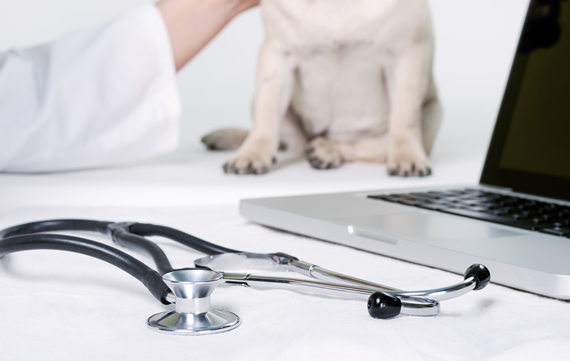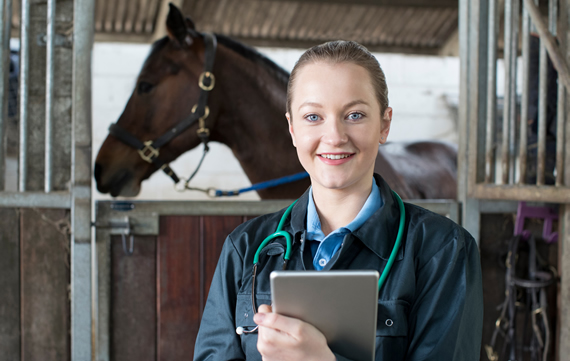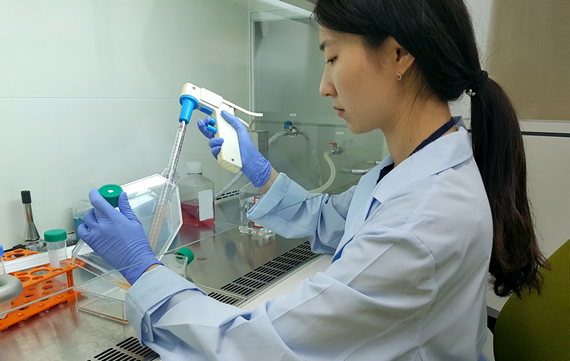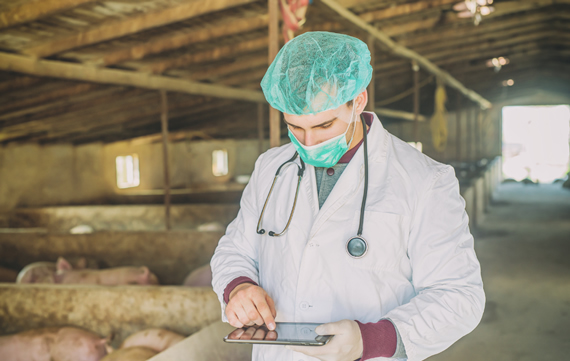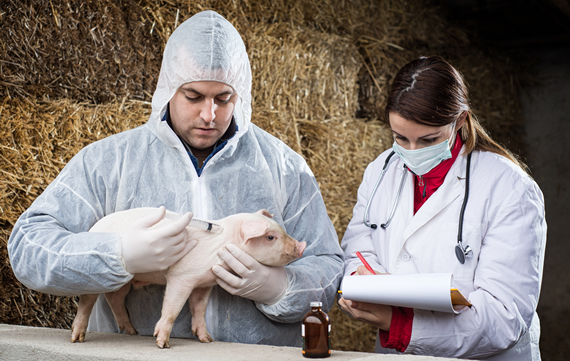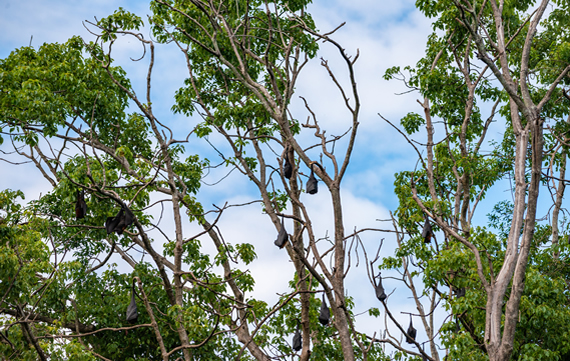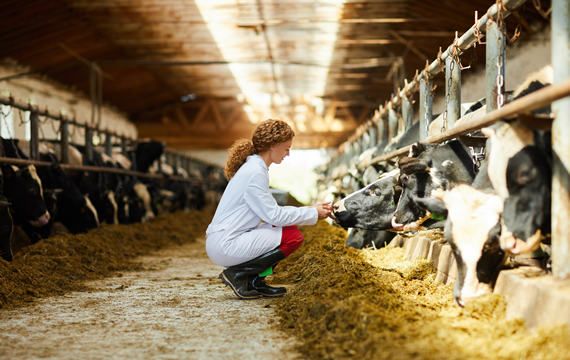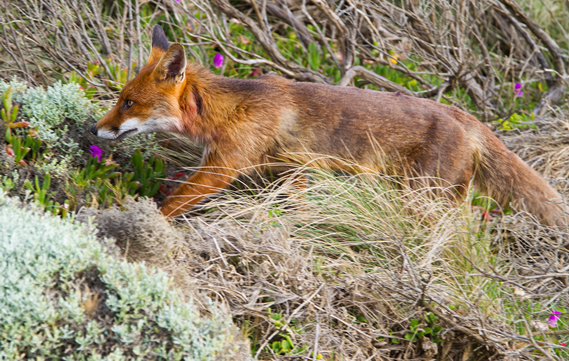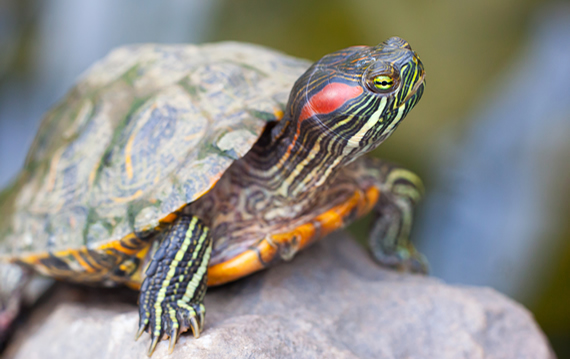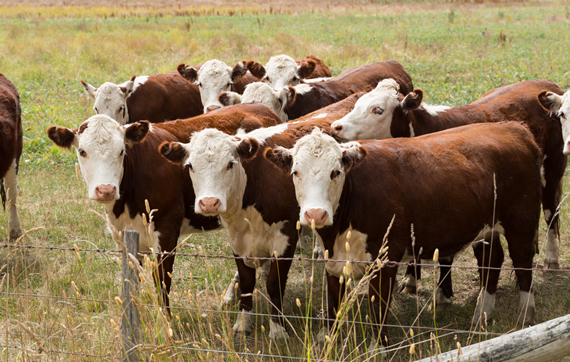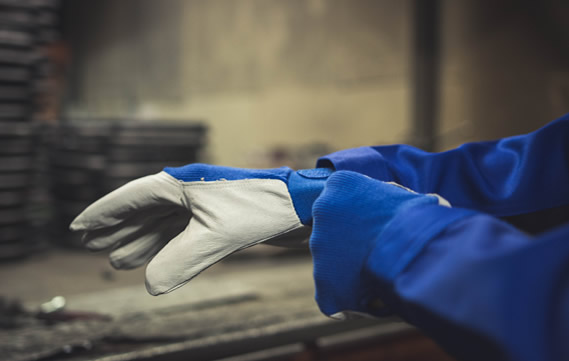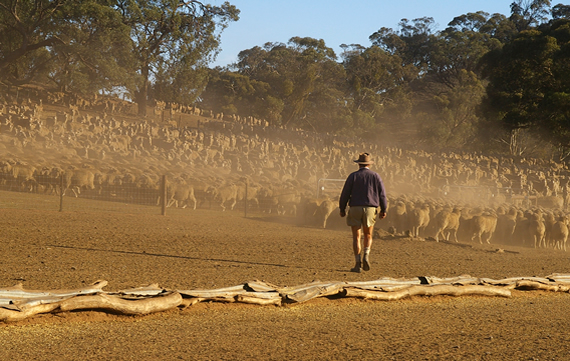
Veterinarians
Biosecurity is good for business
Practicing good biosecurity means taking action to protect NSW from the negative impacts of pests, diseases, weeds, and contaminants.
As a vet, or veterinary professional, you play a critical, front-line role in preventing, responding to, and reporting animal diseases and pests.
Being biosecure will help:
- Provide NSW businesses good access to premium markets around the globe
- Deliver better yields and decrease costs of primary production
- Ensure you can provide locally-grown, safe food and fibre to the people of NSW
- Reduce stock losses and infrastructure damage by pest animals.
Everyday veterinary practices are all part of being biosecure. This includes:
- Knowing what to report and how to do it
- Maintaining awareness of the latest disease risks
- Educating employees and animal owners about good hygiene, health and biosecurity practices
- Maintaining hygiene standards in your clinic to prevent the spread of disease and illness
- Participating in emergencies affecting animals if requested and required by NSW DPIRD
- Reporting stock losses resulting from pest animal activity to LLS
- Being a biosecure farm visitor
- Reporting the sighting of unusual non-native animals being kept illegally or released into the environment
- Having an emergency disease action plan.
The essentials
There are certain actions a veterinary professional MUST legally take in order to be biosecure. These are detailed in the Biosecurity Act 2015 and supporting legislation.
The laws cover things that are likely to have the biggest impact on our economy, environment or community. They include rules around:
- High risk and priority pests and diseases that MUST be reported - these are known as ‘notifiable pests and diseases’, ‘prohibited matter’ and ‘biosecurity events’
- Controlling the movement, keeping and release of pest animals
- Having the right accreditation, registrations, certificates and permits.
Visit the Biosecurity policies and procedures page for more.
Your general biosecurity duty
As well as prescribing the rules for high risk biosecurity matter, the Biosecurity Act 2015 includes a biosecurity duty for veterinary professionals, and everyone who deals with biosecurity matter.
All tiers of government, industry and the people of NSW need to work together to protect the economy, environment and community from the negative impacts of pests, diseases, weeds and contaminants.
This means you need to:
- know about your biosecurity risks
- know what action should be taken to manage these risks
- take effective action to manage the risks relevant to you.
Vets play a critical role in supporting stockholders and animal owners to identify and manage biosecurity risks.
Vets can seek support from NSW Department of Primary Industries and Regional Development and Local Land Services.
Visit the general biosecurity duty page for more information.
Have a plan
The trick to managing biosecurity is that every veterinary practice will have different risks to manage based on its location, seasonal conditions, activities, the animals that are being treated, and the farms and properties that you visit.
A biosecurity plan can help you to identify the risks you may be exposed to so you can manage them effectively.

